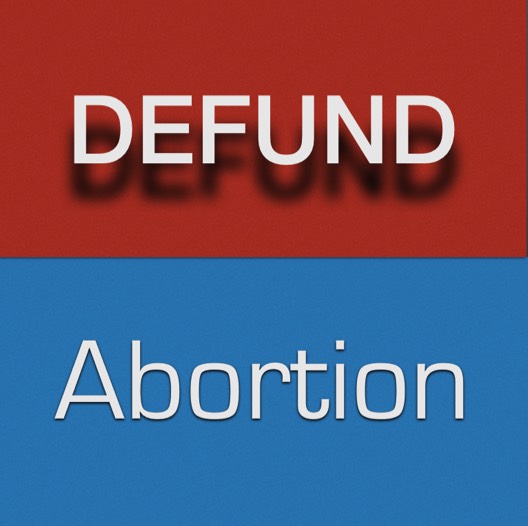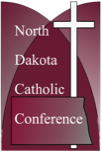
Proposed Rules Would Restore North Dakota Law
by Christopher Dodson
Executive Director
North Dakota Catholic Conference
July 2018
North Dakota is on the verge of a pro-life victory nearly forty years in the making. It is testament that the task of building a culture of life can take time.
In 1979 the North Dakota legislature enacted a straightforward law prohibiting the use of the tax money, including federal dollars passing through state agencies, for abortion referrals. North Dakotans then — as they do now — overwhelmingly oppose abortion and the use of taxpayer funds for abortion. It makes sense to also prevent using tax money to pay for abortion referrals.
Family planning services for low-income individuals in North Dakota, then and now, is provided through the Title X program. It is a federal program by which the federal government gives states or private entities funding for family planning.
The federal rules, however, stated that recipients, including state governments, had to use the money for abortion referrals if the client asked about abortion. It was a classic conflict between state laws and federal laws.
The state law was challenged and the court held that under the Supremacy Clause of the U.S. Constitution, the federals rules prevailed. Despite our state’s law, North Dakota had to refer for abortions with tax money.
Some people think that when a law is declared unconstitutional, the statute goes away, as if it was repealed. It doesn’t. It just becomes unenforceable until the courts might change their minds. Courts do not repeal unconstitutional laws. They put them in a state of hibernation.
That happened to North Dakota’s law until it briefly came out of hibernation in the late 1980s.
In 1988 the Reagan Administration revised the regulations for Title X to make them more consistent with Congress’ intent to not fund abortions in any manner. The new regulations prohibited using Title X funds to refer for abortions. The new rules were consistent with North Dakota law and the state statute could again go into effect.
However, implementation of the new rules were in flux for a few years because pro-abortion rights groups immediately challenged them on several grounds, including the claim that they interfered with the right of free speech.
In 1990 the Supreme Court disagreed, holding that governments do not have to fund any particular speech and that limiting the use of tax dollar was constitutional and a proper function of the federal government. The new regulations, and by extension North Dakota’s 1979 law, could go into effect.
The permission did not last long. In one of his first acts as president, Bill Clinton suspended the Reagan rules and started a seven year process to draft new rules. As a result, the regulations guiding Title X became basically what they were before the Reagan rules — taxpayer funds not only could be used to refer for abortions, but states accepting Title X grants had to refer for abortions.
By now you might wonder why the state bothered to take the Title X money at all. The legislature occasionally considered refusing the money. However, if the state did not take its share of Title X funds the federal government would give that allotment to a private agency not accountable to the state such as Planned Parenthood.
So the non-referral law went back into hibernation.
Meanwhile, the state precluded the use of tax dollars for abortion referrals where it could. Public school employees, for example, cannot refer for abortions. Nor can providers under the abortion alternative programs and the human trafficking victim services programs. Some of these programs use federal funds, but the federal rules do not mandate using the money for abortion referrals. Consistency is not a hallmark of federal regulations.
Now, thirty-nine years after it was passed, the state law may arise again. In May the Trump Administration proposed new rules that would, in addition to restricting Planned Parenthood from using Title X funds, restore the right of states to prevent tax money from being used for abortion referrals. The new rules would essentially restore the short-lived Reagan regulations.
Planned Parenthood and the abortion lobby has launched a full-scale attack on the proposed rules, urging their supporters to submit comments opposing the change.
The North Dakota Catholic Conference has urged Catholics of the state to support the rules not only because they are morally right, but also because they would allow North Dakota to once again enforce it own laws. It also sent a letter to Governor Doug Burgum asking him express to the Trump Administration his support for the revisions.
The public comment period on the proposed rules runs until July 31, 2018.
What We Do
The North Dakota Catholic Conference acts on behalf of the Roman Catholic bishops of North Dakota to respond to public policy issues of concern to the Catholic Church and to educate Catholics and the general public about Catholic social doctrine.

Contact Us
North Dakota Catholic Conference
103 South Third Street, Suite 10
Bismarck, North Dakota
58501
1-888-419-1237
701-223-2519
Contact Us

